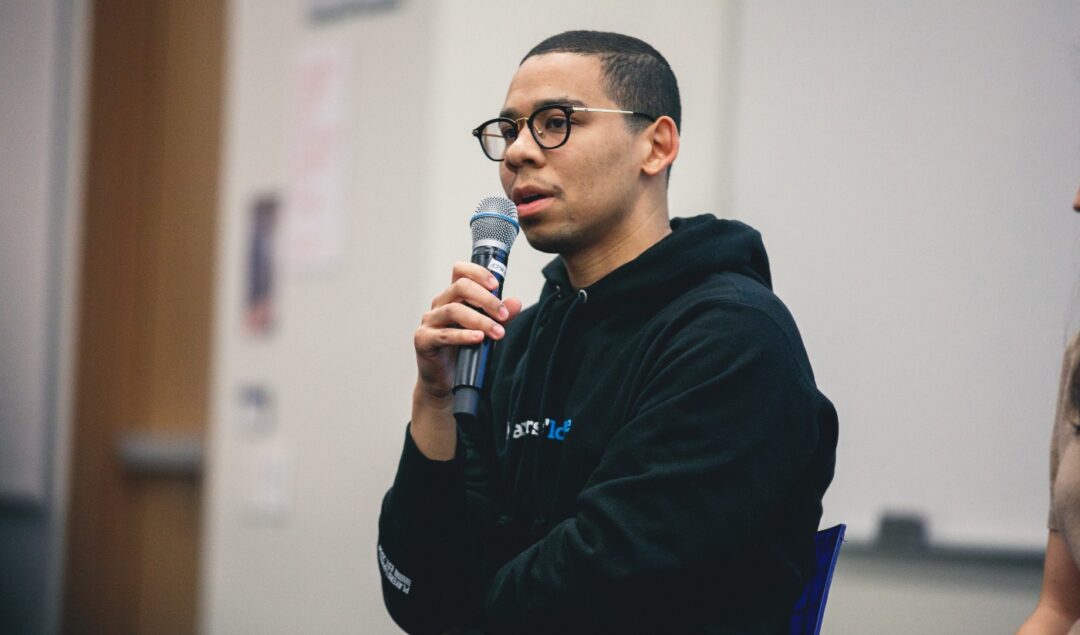91-year-old James Earl Jones has officially retired his voice as the iconic Darth Vader from Star Wars and handed it over to artificial intelligence. Jones, who has voiced the villain Darth Vader since 1977, has officially signed over archived recordings of his voice to Ukraine-based startup, Respeecher, who will be working to recreate the actor’s voice using artificial intelligence. In an interview with Vanity Fair, supervising editor Matthew Wood said the actor “was looking into winding down this particular character” after playing the role for nearly 50 years. The Ukrainian startup
In response to a racial bias case against electric vehicle-maker Tesla, a countersuit action has been put in place against the agency responsible. The case filed in state court in Alameda County claims the California Civil Rights Department (CRD) took “underground regulations” in its investigations of Tesla’s factory. The most popular vehicle maker said they were not given adequate notice of the claims or time to resolve the dispute, which violates state law. As we previously reported, the CRD sued Tesla earlier this year after workers claimed the organization racially
Earlier this week, Calendly announced the acquisition of recruiting operating platform, Prelude to help further accelerate the platform’s vision of solving external scheduling challenges for individuals and members of the company. Prelude, co-founded by Will Laufer and Alexander Soto, is a recruiting operation platform focused on improving the recruitment process to help improve the candidate’s experience. Over the years, Prelude has transformed how companies approach hiring, from communications and prep to scheduling and logistics. In addition, by increasing transparency, Prelude’s enterprise has made the hiring process a lot more seamless for customers. Prelude and Calendly joining forces
From pioneers and leaders to artists and icons, TIME has officially released its TIME100 Next list, highlighting emerging leaders worldwide who are actively shaping the future and redefining the next generation of leadership. The annual list, which recognizes 100 rising stars from a range of different sectors around the world, has featured some of the most influential people of the century. Although each person listed is entirely different from the others, they all share the extraordinary lengths they go to to help shape our world and change the future. This
Six months after Aziz Hasan stepped down from his chief executive role, Kickstarter has announced Everette Taylor as their new Chief Executive Officer. Taylor will take over from COO Sean Leow, who stepped up as interim CEO after Hasan announced he would be stepping down from his role after three years. Kickstarter, founded in 2009 by Perry Chen, is a crowdfunding platform that helps bring creative projects to life by directly connecting them with their communities. Over 21 million people have supported fund projects through the Kickstarter platform. “I am
“This is about controlling women, and it starts with controlling our girls and what info they have access to,” Saujani said in an interview with Insider. Founder of Girls Who Code, Reshma Saujani, has spoken up about her company’s books being banned from schools in Pennsylvania. The controversy, which has seen more than 400 books banned from schools as a part of a broader “literary censorship” program, has left many people wondering why Girls Who Code books have been prohibited. According to PEN America, all four of Girls Who Code’s books
Black coder, Sean Wiggs, has created a platform online for writing code to spam and troll companies that are unjust and discriminatory. Wiggs recently used his coding skills to oppose a Texas law banning women from having an abortion after six weeks of pregnancy. After successfully shutting down that website, he has set his eyes on a new target, the Job Creators Network’s anti-student loan forgiveness campaign. Earlier this year, President Joe Biden announced a new plan to cancel $10,000 of student loan debt, allowing millions of Americans to apply. However, despite many people
Black media mogul, Byron Allen, has hit McDonald’s with a massive lawsuit after claiming the corporation deliberately excludes Black-owned media from its advertising campaigns. Allen, the owner of Allen Media Group, claims McDonald’s refused to advertise on his networks due to internalized discrimination against Black-owned media and racial stereotyping that only sees them take from Black consumers and never give back. McDonald’s is the world’s leading food service retailer, generating over $100 billion in annual revenue. African Americans represent approximately 40% of McDonald’s U.S. sales but dedicate a small proportion to
Timbaland and Swizz Beatz’s battle against short-form music video app Triller has finally come to an end. Earlier this year, the pair decided to sue Triller after alleging they refused to pay them $28 million after acquiring Verzuz, a rap-battle show they founded during the first peak of the pandemic. According to reports, the pair claimed the company had refused to pay the settlement agreement after acquiring their Verzuz platform. Despite Triller denying the claims, the platform has reached an “amicable agreement” with both partners to settle the matter. “Verzuz
Drake-backed betting platform, Players’ Lounge has raised $10.5 million in a Series A funding round, according to AfroTech. The funding round led by Griffin Gaming Partners included Comcast Ventures, Samsung Next, Vice Ventures, WndrCo, Sharp Alpha Partners, True Capital, Myles Garrett, Josh Norman, and Breanna Stewart. The organization, founded by Austin Woolridge, allows gamers to place bets on matches they are playing against others. In solo, head-to-head competitions, tournament formats, and ongoing competitions, friends can win real money through the Players’ Lounge. For “all kinds of gamers” In an interview













